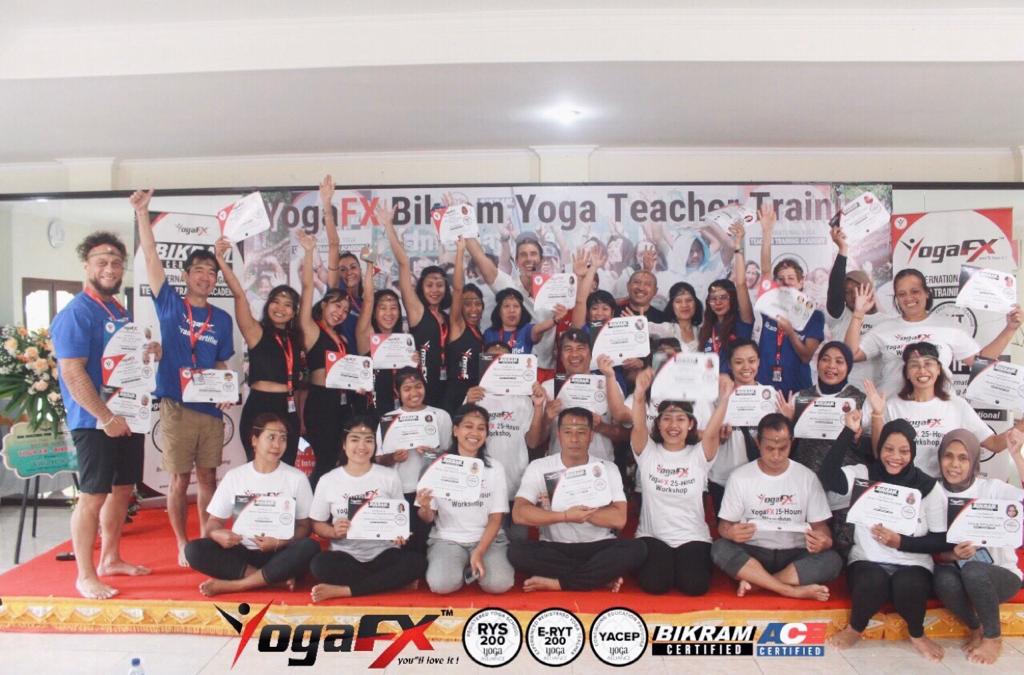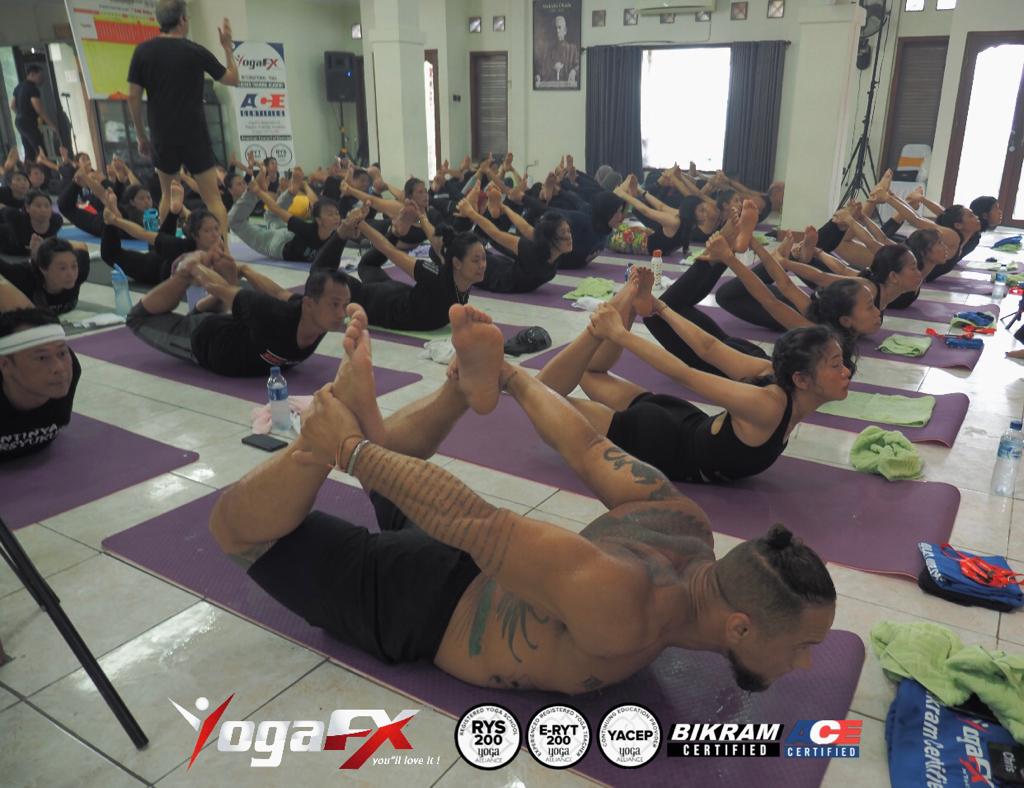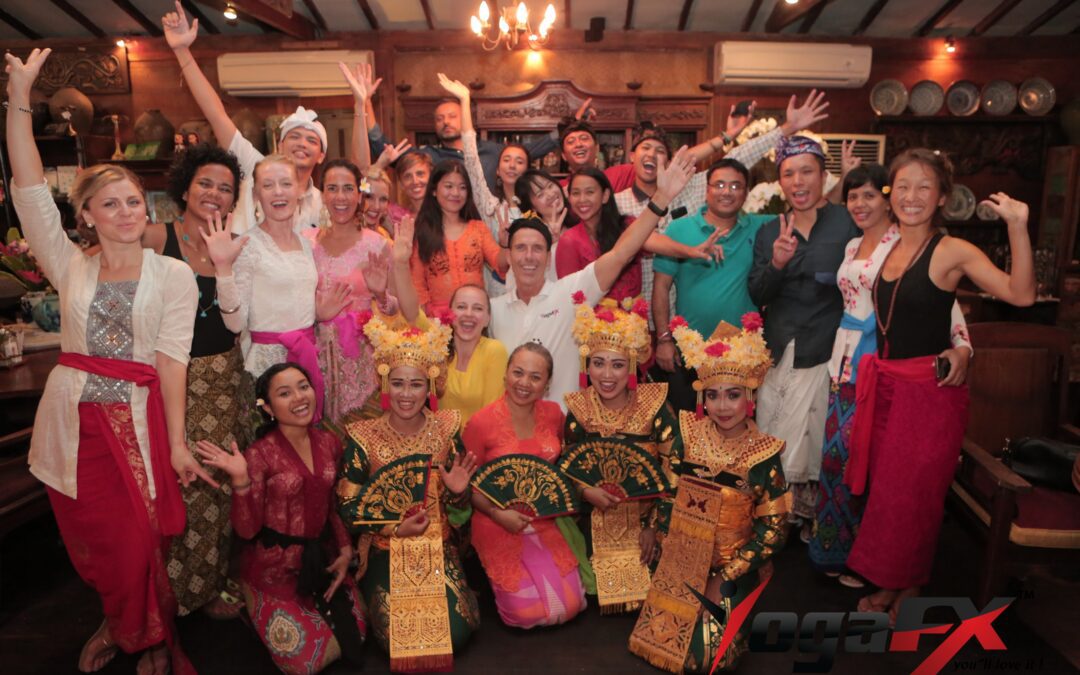When it comes to pursuing yoga teacher training or deepening your own practice, finding the best yoga training is essential. With numerous options available, it can be overwhelming to navigate through the sea of programs and offerings. However, investing your time, energy, and resources into the best yoga training can set you on a transformative path, unleashing your full potential in the practice. In this article, we will explore the key elements to consider when seeking the best yoga training, from the qualifications of the instructors to the program’s structure, accreditation, and focus. So, let’s embark on a journey to find the best yoga training that aligns with your goals and aspirations, allowing you to grow as a practitioner and potentially embark on a fulfilling career as a yoga teacher.

Qualifications and Expertise of Instructors
One of the crucial aspects of the best yoga training is the qualifications and expertise of the instructors. Look for programs that have experienced and knowledgeable teachers who hold relevant certifications and have extensive teaching experience. Teachers who are well-versed in various yoga styles, including hot yoga, 26 and 2 yoga, and Bikram yoga, bring a wealth of knowledge and expertise to the training. Their guidance and mentorship can significantly impact your learning and growth as a yoga practitioner.
“REAL FREEDOM IS LIFE IN ITS PUREST FORM”
Program Structure and Curriculum
The structure and curriculum of the yoga training program play a vital role in your development. Consider programs that strike a balance between theory, practical training, and teaching methodology. A well-structured program should cover essential topics such as yoga philosophy, anatomy and physiology, asana (pose) alignment, pranayama (breathing techniques), meditation, and teaching methodology. It should also provide opportunities for hands-on practice and teaching experience to refine your skills and build confidence as a future yoga teacher.

Accreditation and Recognition
When choosing the best yoga training, it’s important to consider accreditation and recognition. Look for programs that are Yoga Alliance certified, as this ensures that the training meets the industry standards for yoga teacher education. Yoga Alliance certification signifies that the program has been rigorously reviewed and adheres to ethical and professional standards. Additionally, programs that are recognized by organizations like ACE (American Council on Exercise) hold further credibility and demonstrate their commitment to quality education.
Focus and Specializations
Every yogi has unique interests and goals. Consider the focus and specializations offered by the yoga training programs you are considering. Some programs may specialize in hot yoga, while others may delve into specific yoga styles or niches. If you have a particular interest, such as 26 and 2 yoga or Bikram yoga, look for programs that provide in-depth training in those areas. It’s essential to find a program that aligns with your passions and allows you to dive deeper into the aspects of yoga that resonate with you.
Student Support and Mentorship
A comprehensive yoga training program should offer ample student support and mentorship opportunities. Look for programs that provide individualized attention and guidance from experienced teachers. Mentorship can significantly enhance your learning experience by offering personalized feedback, insights, and guidance as you progress through the training. Access to ongoing support and resources post-training is also valuable in supporting your continued growth as a yoga practitioner.
Reviews and Testimonials
Before making a decision, read reviews and testimonials from past participants of the yoga training programs you are considering. Their experiences can offer valuable insights into the program’s effectiveness, quality of instruction, and overall satisfaction. Pay attention to the feedback regarding the instructors, curriculum, student support, and the impact the training had on their personal practice and teaching abilities. It’s important to gather a variety of perspectives to make an informed decision.
Practical Considerations
While passion and commitment are essential, practical considerations should not be overlooked. Consider the location, cost, and accessibility of the yoga training program. Evaluate whether the program is offered in a location that is convenient for you or if there are online options available. Additionally, weigh the financial investment required and assess if there are any scholarships, payment plans, or financial aid options available to make the training more accessible.
Personal Intuition and Gut Feeling
Ultimately, trust your intuition and gut feeling when choosing the best yoga training. Reflect on how the program aligns with your values, aspirations, and personal growth objectives. Consider the overall energy and atmosphere of the training, as well as the connection you feel with the program and its instructors. Listen to your inner guidance to choose a program that resonates with you on a deeper level.

Conclusion
In your quest for the best yoga, carefully consider the qualifications of the instructors, the program’s structure and curriculum, accreditation, focus, student support, reviews, practical considerations, and personal intuition. As you embark on this transformative journey, consider the online options available, such as the Bikram Hot YogaFX teacher training program offered by Mr. Ian YogaFX. This Yoga Alliance certified program provides a comprehensive education and certification in the Bikram Hot YogaFX style, offering a blend of traditional Bikram yoga with modern teaching methods. Embrace the opportunities that the best training provides, and unlock your full potential as a yoga practitioner and teacher.

